Syrian opposition capitalized on weakened Assad allies: US security adviser
 Anti-government fighters patrol in central Aleppo on November 30, 2024. (AFP Photo)
Anti-government fighters patrol in central Aleppo on November 30, 2024. (AFP Photo)
U.S. National Security Adviser Jake Sullivan stated that the recent advances by Syrian opposition forces in Aleppo and Idlib are linked to a perceived weakening of the Assad regime’s main backers—Iran, Russia and Hezbollah.
Speaking to CNN on Sunday, Sullivan highlighted how regional and global developments have left these actors more vulnerable.
Weakened strategic position of Assad allies
“The opposition took a look at three actors who had been pummeling them for years: Iran, Russia, and Hezbollah. They had seen them weaker and more exposed than before, and they tried to take advantage of it,” Sullivan said.
He noted that the pace of the offensive surprised both the Syrian government and regional observers. Sullivan linked the opposition’s activity to the broader impact of conflicts in the Middle East, Ukraine and other regions, which have placed Assad’s allies in a weaker strategic position.

US forces and regional risks
Addressing concerns about U.S. forces stationed in Syria, Sullivan clarified that the U.S. troops, deployed to combat Daesh, are located in a different part of the country and are not at immediate risk from the recent clashes in Aleppo and Idlib.
However, he emphasized that threats persist from Iran and Shia-backed militia groups in Iraq, which continue to pose significant challenges to U.S. personnel in the region.
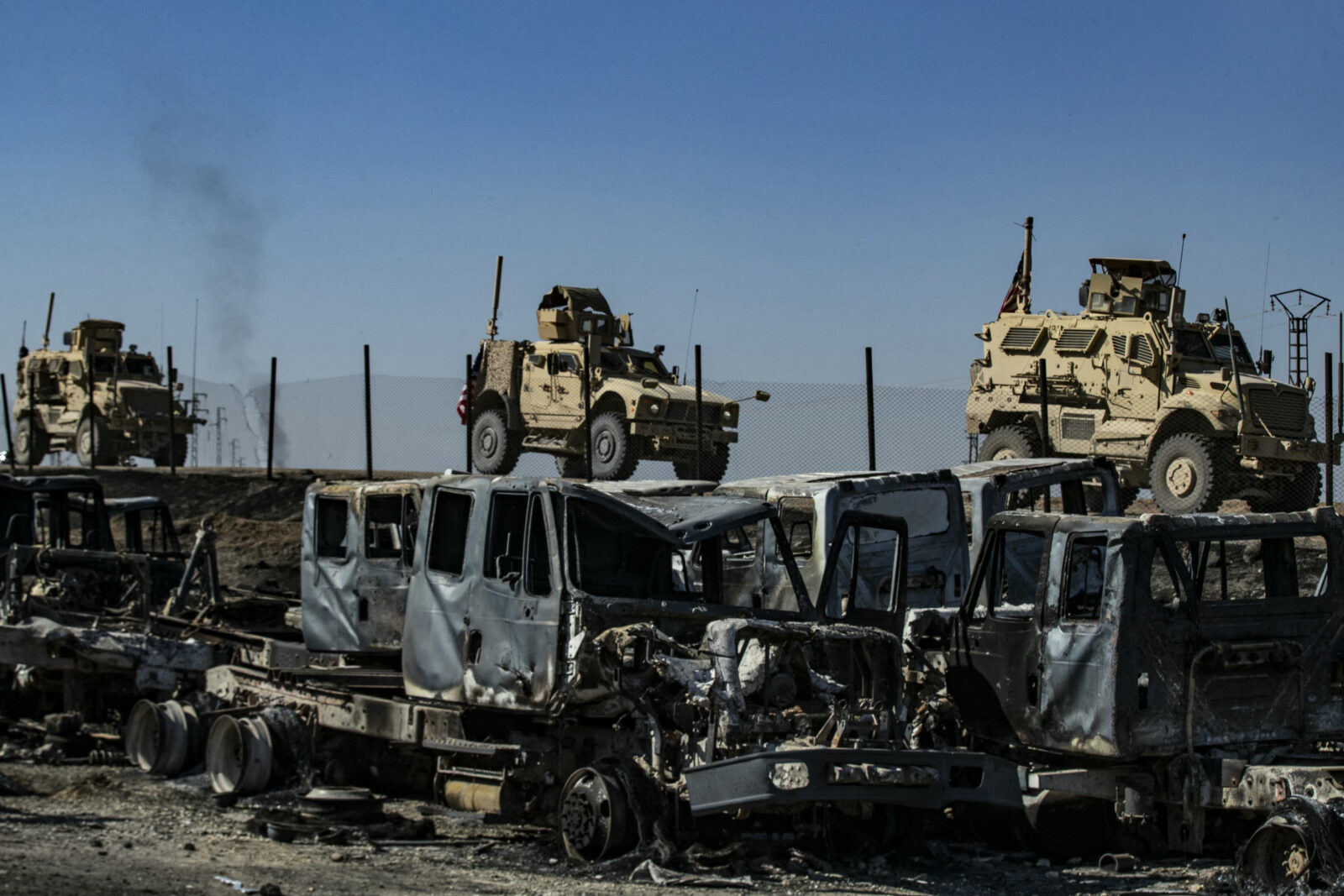
Complicated dynamics with HTS
Sullivan also addressed the complexities surrounding the opposition group Hayat Tahrir al-Sham (HTS), labeled a terrorist organization by Washington. While expressing concerns about the group’s intentions, he noted that the U.S. does not regret the increased pressure on the Assad regime.
“We are monitoring closely,” Sullivan added, describing the situation as “complicated.”
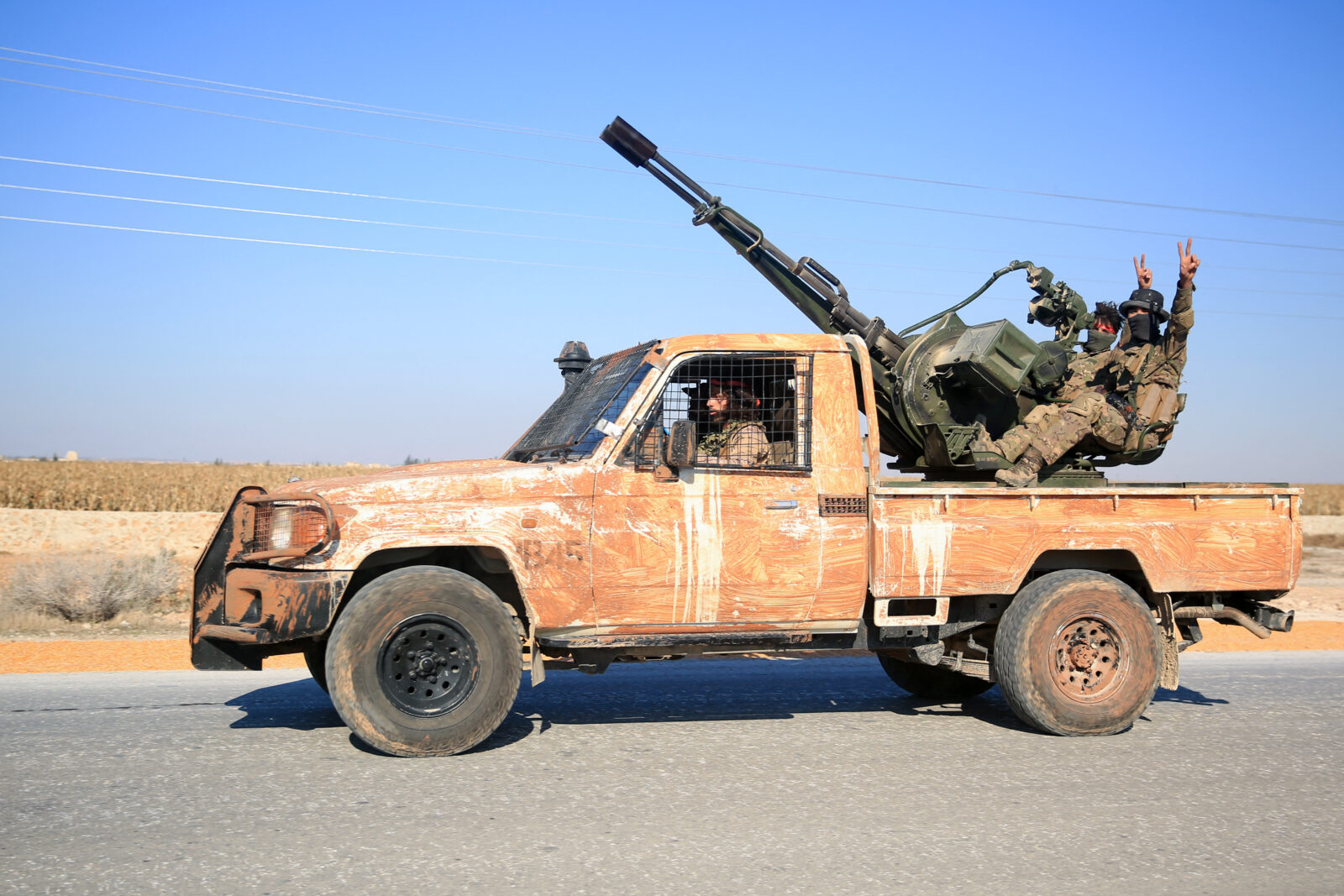
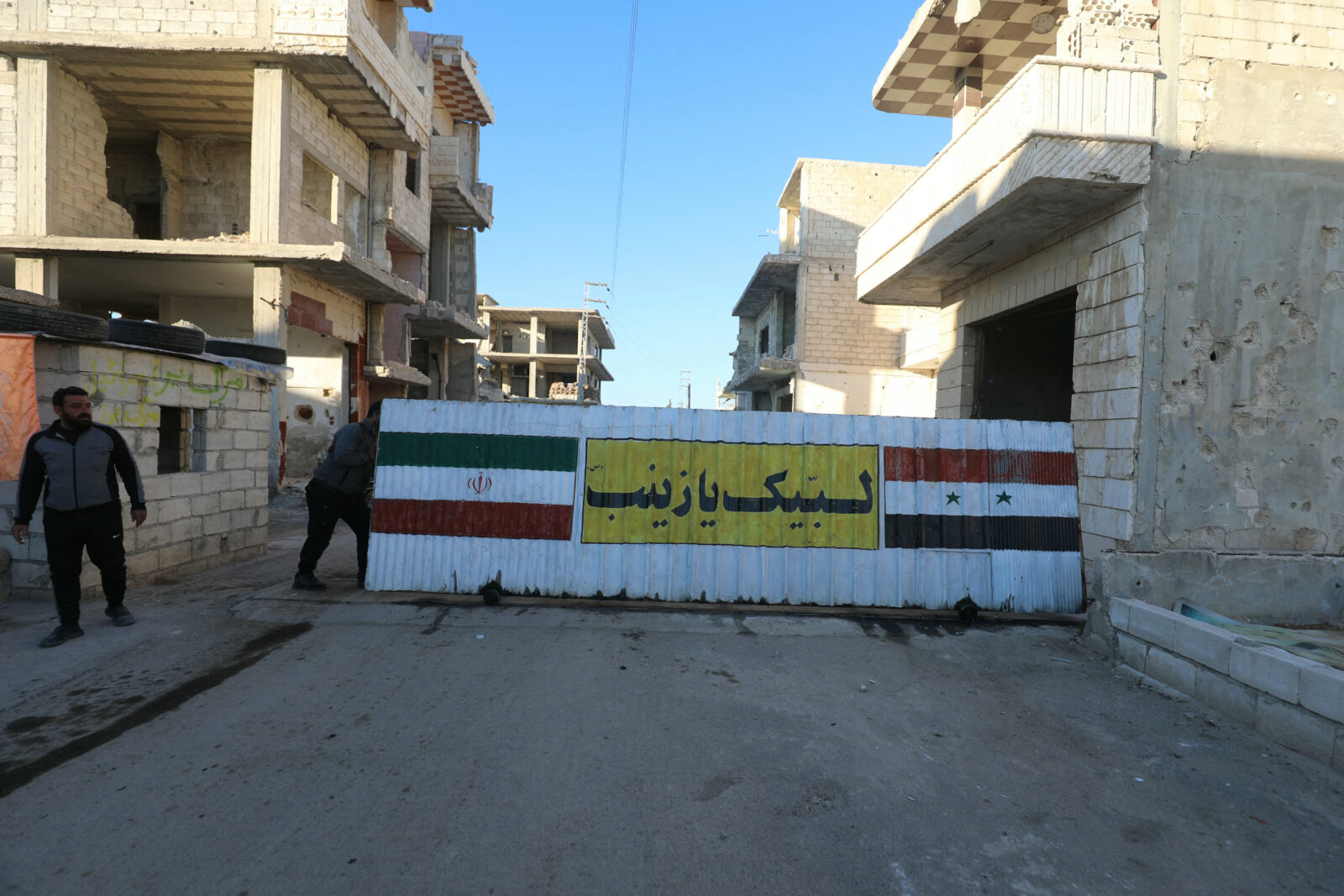
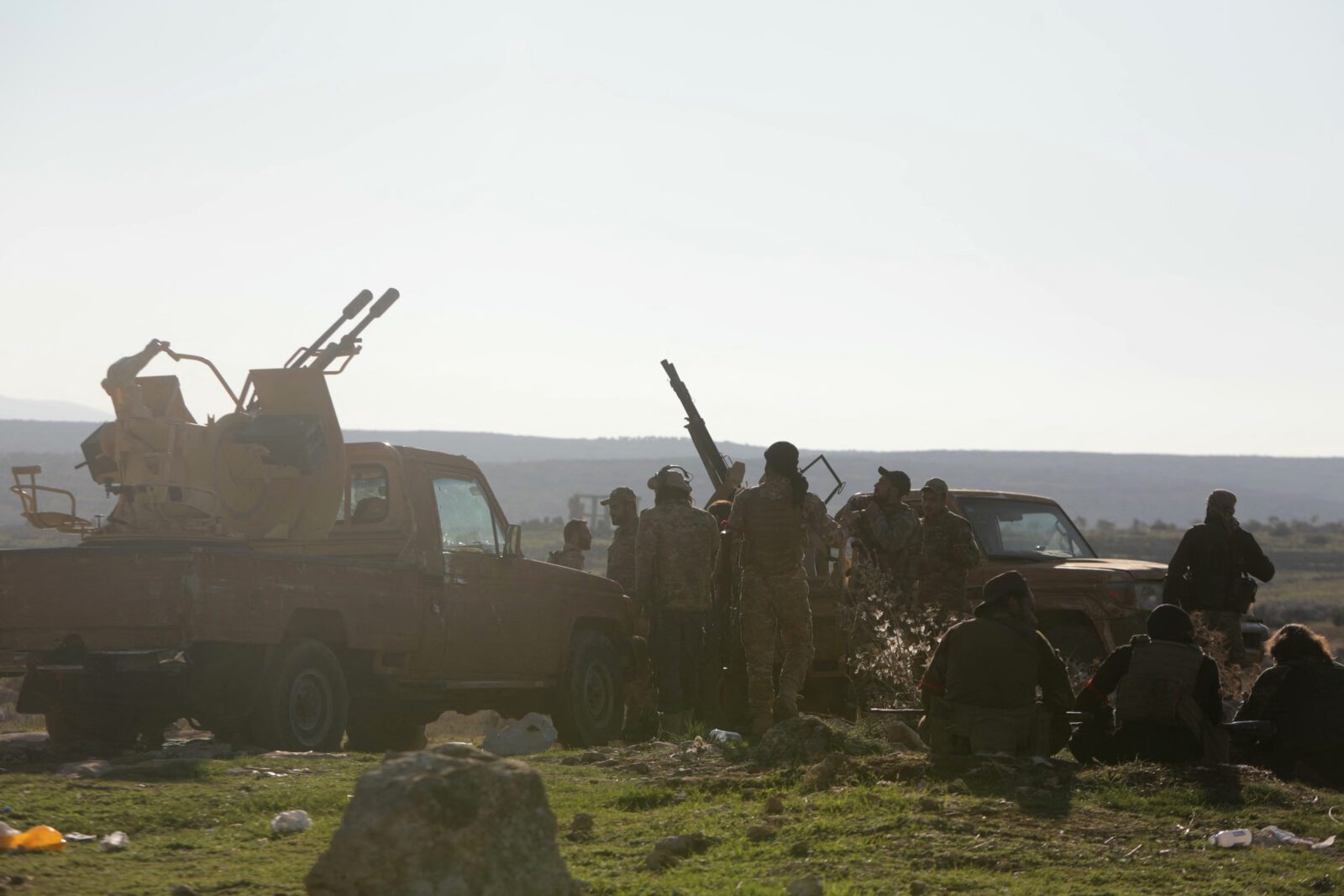
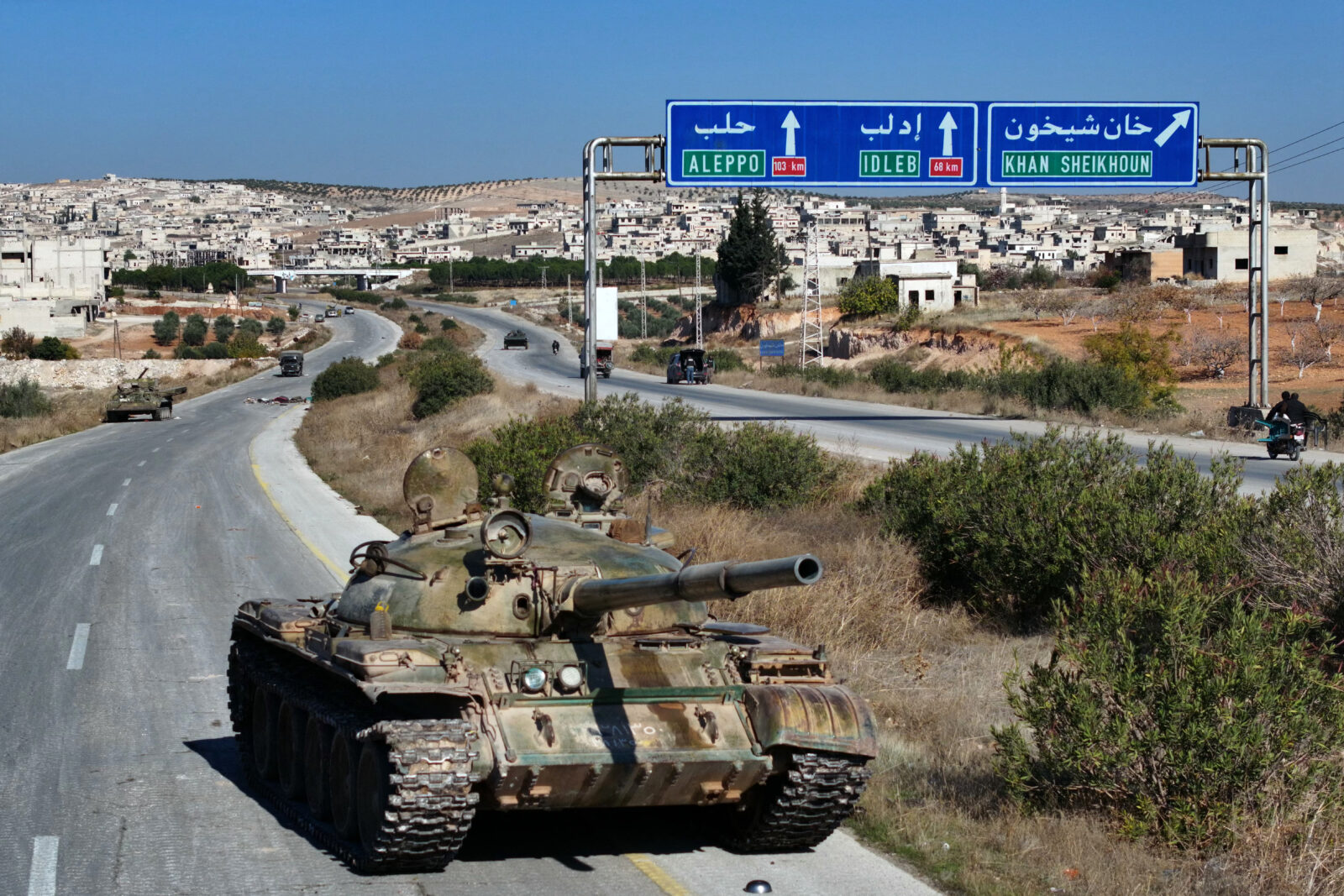
Escalation in Aleppo and Idlib
Clashes between Assad regime forces and HTS members have intensified over the past six days in Syria’s Aleppo and Idlib regions.



